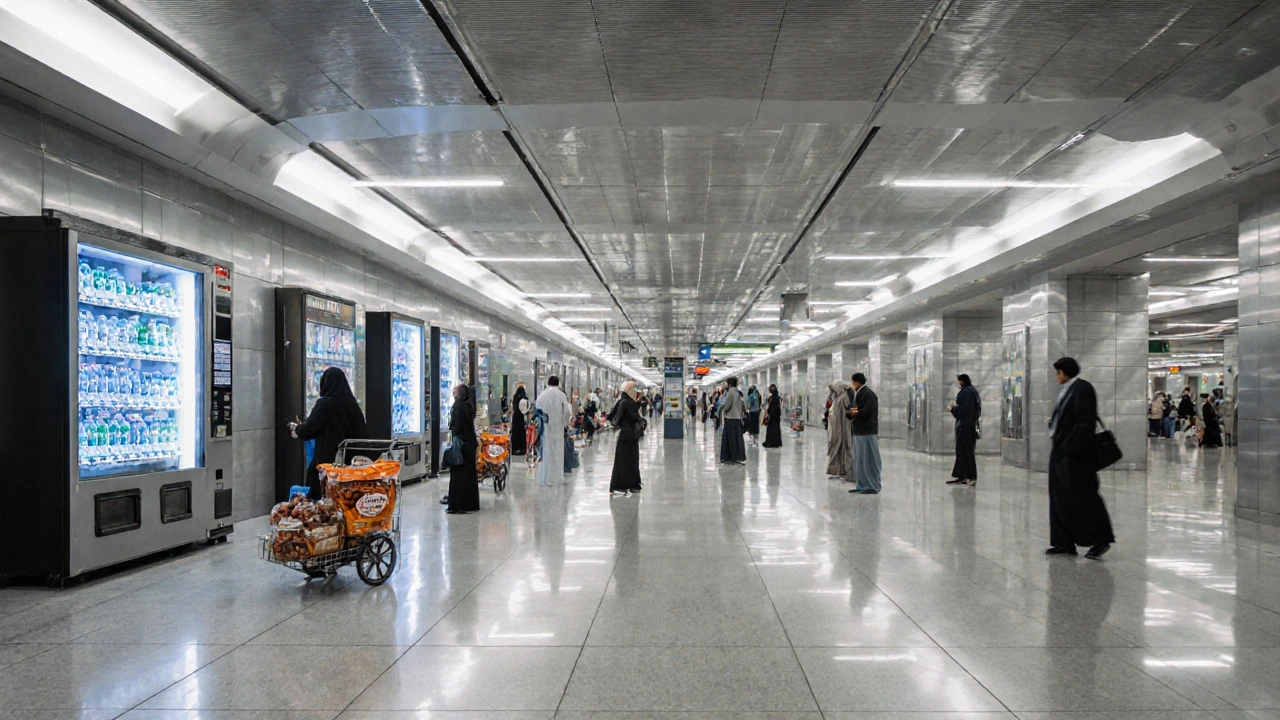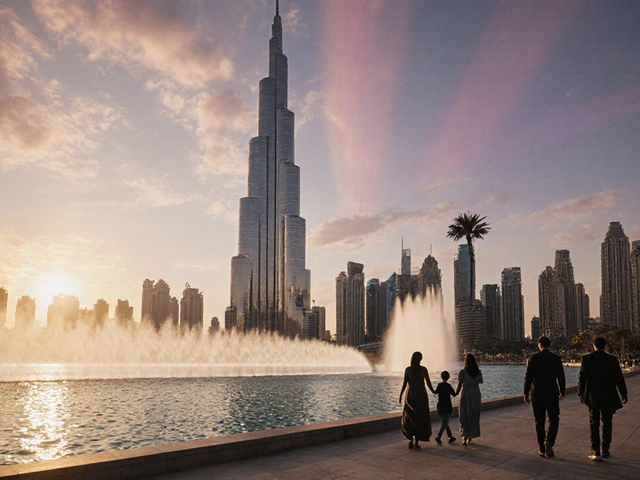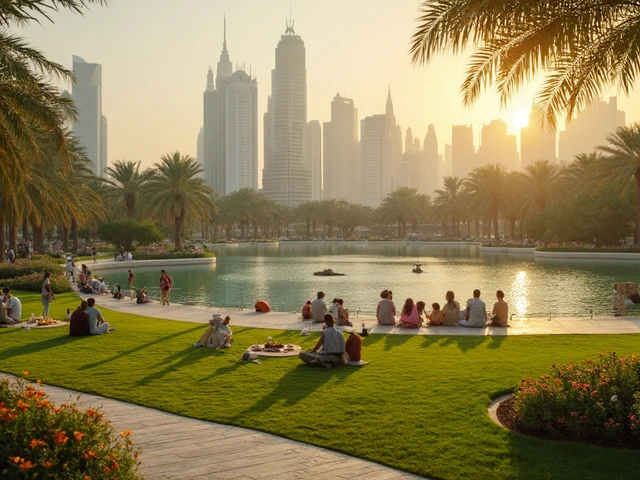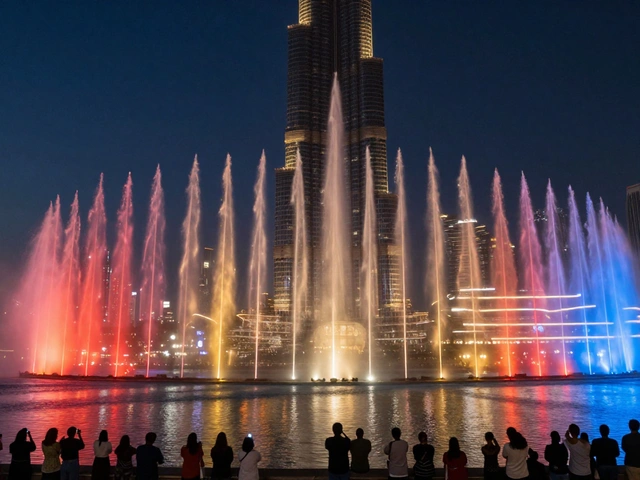Dubai Food Culture: Taste the City’s Soul Through Its Flavors
When you think of Dubai food culture, the vibrant, layered culinary identity shaped by trade, migration, and tradition in the UAE. Also known as UAE cuisine, it’s not just about eating—it’s about history on a plate. This isn’t the kind of food culture you find in a single restaurant. It’s woven into the daily rhythm of the city: the smell of cardamom coffee drifting from a roadside stall, the sizzle of grilled lamb at a desert camp, the quiet pride of a grandmother serving harees on Eid.
At its heart, Emirati cuisine, the traditional food of the UAE’s native people, rooted in desert survival and Gulf seafood. Also known as GCC Gulf cuisine, it relies on simple ingredients made extraordinary by time and technique. Think slow-cooked lamb with rice, dates stuffed with nuts, and fish cooked in hawaij spice blend. But Dubai didn’t stop there. Over decades, it became a magnet for chefs and migrants from over 200 countries. Now, you can eat authentic Pakistani biryani next to a Japanese omakase, then sip a saffron-infused latte in a rooftop lounge. This isn’t fusion for the sake of trend—it’s the natural result of a city built by people who brought their kitchens with them.
Arabic spices, the essential flavor backbone of Dubai’s kitchens, from cumin and sumac to rosewater and cardamom. Also known as Middle Eastern spices, they’re not just seasonings—they’re memory triggers. Walk into any spice souk in Deira, and you’ll see locals buying whole spices in bulk, not pre-ground powder. That’s because freshness matters. A pinch of dried lime in a soup, a dusting of za’atar on flatbread—these aren’t garnishes. They’re the soul of the dish. And then there’s the street food: shawarma wrapped in thin bread, falafel fried to golden crisp, kunafa dripping with syrup. These are the meals that feed office workers, taxi drivers, and tourists alike—no reservations needed.
What makes Dubai’s food culture different isn’t just the variety. It’s the respect. Even in a city known for luxury, the most popular meals are often the simplest. A humble machboos pot, shared by hand, holds more meaning than a plated tasting menu. You’ll find Emirati families eating in the same spot their grandparents did, while expats learn to make kabsa from scratch. This is food that connects people—not just through taste, but through ritual, generosity, and time.
Below, you’ll find real guides from people who’ve eaten their way through Dubai’s hidden alleys and high-end halls. From where to find the best attar-scented desserts to why meat costs so much here, these posts cut through the noise. You won’t find fluff. Just the truths, tips, and tastes that actually matter.







